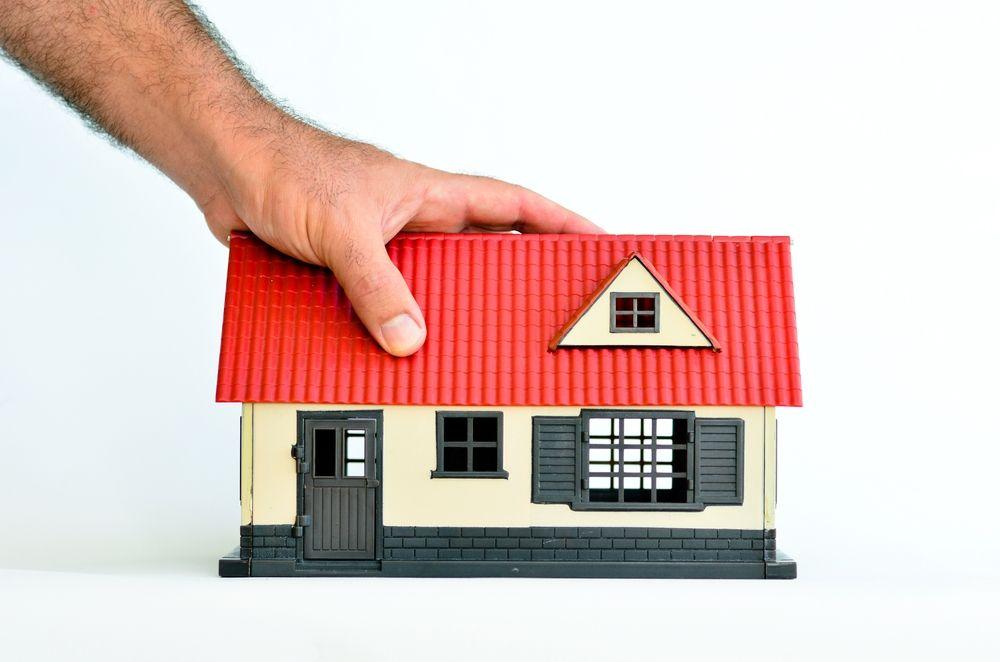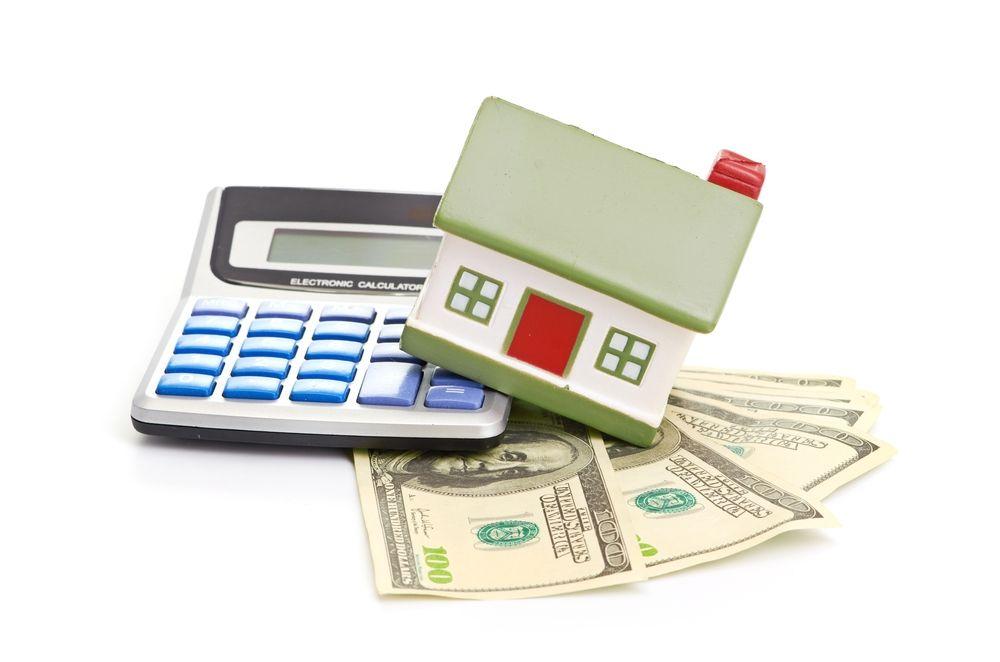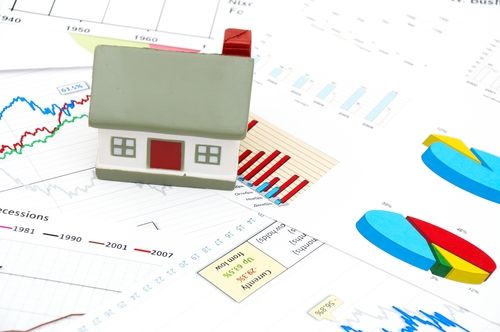After you've had a property inspection and are ready to finalize your home purchase at the closing table, you may be faced with the option to create an escrow account.
These financial tools are used so that a third party, which is your mortgage provider in this case, can make a payment on your behalf. If you received a loan from the U.S. Federal Housing Administration, escrow accounts are required. For other mortgages, particularly conventional ones that mandate a 20 percent down payment, the accounts can be optional.
The purpose of an escrow account is to create a monthly payment schedule for your property taxes and homeowners insurance premiums. These expenses are typically paid on an annual basis. With escrow, your lender makes these payments for you each year using money that you pay to it each month, which equals 12 equal parts of the annual amounts. These contributions are paid with your mortgage bill.
For homeowners insurance, the costs for the first year are paid up front when you close. The escrow payments you make in your first year of homeownership are to cover the following year. Property taxes, on the other hand, may need to be paid up front or at the end of the year depending on your state.
More details about payments
When the escrow account is set up, mortgage providers usually request two months of payments in advance. This initial payment can be up to the maximum allowed under the Real Estate Settlement Procedures Act.
At the end of each year, your lender will give you an update on your payment activity. You will be notified if your escrow payments weren't enough to cover your expenses. In this case, you'll have to ante up the difference, and you may be allowed to make payments in installments. If you paid too much, your mortgage provider will reimburse the additional funds.
Your contributions can become more expensive, but this will only occur if your premiums or taxes go up.
Making the decision
If you can choose whether to set up an escrow account, think about your financial habits. Here are some factors to consider:
- Paying out of pocket means that you save the entire year to make a large lump sum payment, which may not be best given that premiums and taxes combined can be thousands of dollars. This strategy doesn't work if you're not adept at saving.
- With an escrow account, you can make smaller payments over time, and the lender is responsible for ensuring the your funds are paid by their due dates.
- Making the payments yourself means you can earn interest on the money you save for the bills, though some states require that lenders allow interest to accrue on your escrow payments.
Both parties can benefit
Escrow accounts are popular among home buyers because they can handle three of their bills with one payment to their lenders. The mortgage providers also stand to gain from the arrangement. Although you own the home when you purchase it, the lender can still has interest in the property until you've paid your mortgage in full. Consequently, it wants the house to remain in good condition and your possession.
If, for instance, your homeowners insurance coverage lapsed one month because you forgot to make your payment and a fire destroys your property, the lender also suffers a loss. The same is true if your home is foreclosed by the government because you don't pay your property taxes.
Essentially, you have nothing to lose from this arrangement, and the only reason you could forgo the option is because you prefer to be in control of your finances.
Get the Latest Insights!
Sign up to stay up to date with latest tips, trends and updates from WIN.












